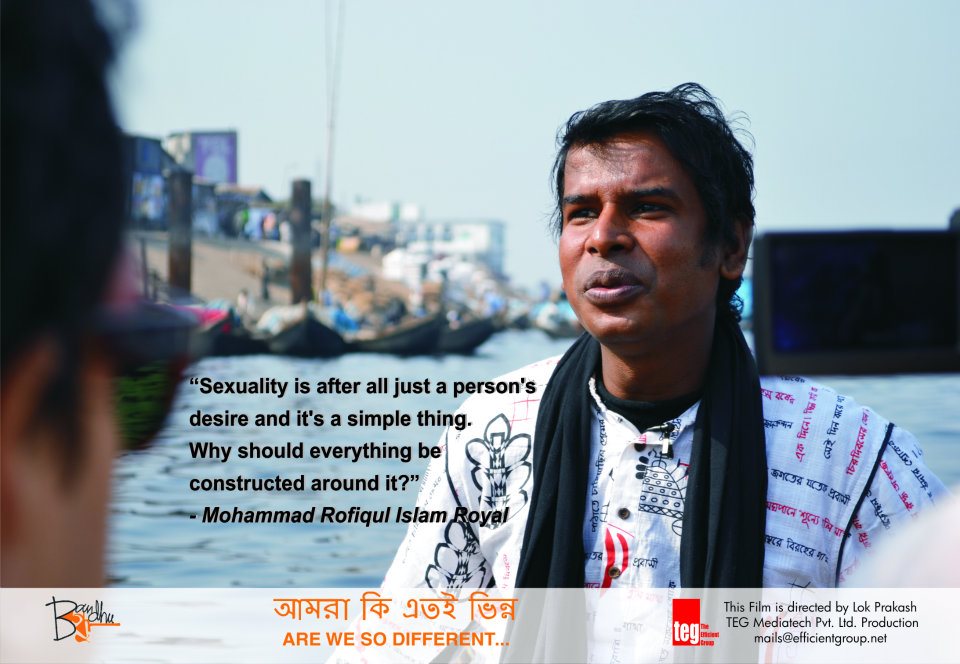Last month marked a positive milestone in Pakistan’s civil rights legislations. Transgendered citizens, known as hijra or eunuchs, were allowed for the first time identify themselves as transgendered when registering to vote.
The new legislation came after a much debated constitutional case in 2008 regarding the humiliation and ill treatment of transgendered persons in Pakistan. The case has proceeded over a span of 20 hearings. Chief Justice Iftikhar Muhammad Chaudhry, in addition to creating a column on national registration cards that lists and option for sex as “she-male,” has ruled that parents abandoning transgender children, and gurus forcing them into prostitution, will face criminal charges. The court also specified that transgendered persons must be treated the same as other citizens, their inheritance and rights must be safeguarded.
Shahnaz Khan of The Nation writes,
“Khawaja siras or hijras are one of the most marginalized groups, not only ostracized by the society, but also abandoned by their own parents at young age; they are left to fend for themselves, forced into begging and prostitution, living in isolated groups in slums. Deprived of their rights of inheritance, voting, education and finding a gainful employment, they live on the fringes of society.”
The presence of transgendered persons in the region is not a new revelation. Traditionally in South Asia, hijras were often invited to weddings and baby showers to bring good luck to the newlyweds or new parents. Over the years, however, they have silently slipped back into the shadows of Pakistani society, facing discrimination and alienation from mainstream society.
In a recent article in Pakistan Today that examines gender-based violence in Pakistan, Dr. Rakhshanda Perveen, founder of the social enterprise Creative Anger says, “Females, males and members of the transgender community suffer injustices. For example, a lot of women are the victims of honour killing.”

Jameela with her Qur'an students. Image via Al Arabiya.
In the wake of the recent Supreme Court decision to grant more rights to transgendered persons in Pakistan, Al Arabiya News ran a profile on a transgendered woman living in Pakistan and her life as a transgendered person. Jameela, who was abandoned by her father at an early age, now runs a school where she teaches 450 students how to read Qur’an.
What’s interesting about these stories and the recent coverage of the Supreme Court decision is the continuous placement of issues surrounding transgendered persons, transsexuals, and homosexuals within the broader category of gender-based violence and feminist discourse.
I’ve argued before that there is a need to look more closely at the intersections between topics designated as “queer issues” or “trans issues,” and those that fall under “women’s issues.” As emphasized in the coverage I’ve talked about here, these are obviously not mutually-exclusive categories, nor do they refer to unrecognizably different types of marginalization. The social position of women and of LGBT persons are indicators of social progress that go hand-in-hand. Similarly, it is impossible to separate gender-based violence into two exclusive categories of violence against women and violence against the LGBT community (not least because there are of course many people who fall into both categories).
If anything, these stories, and the numerous cases of gender-based violence, open up the conversation amongst women struggling for their rights (like us here at MMW) to be inclusive and welcoming of queer and trans discourses and cognizant of the constant overlap in communities and intersection of issues, which place us both at the mercy of subordinate social statuses and at the forefront of struggles for empowerment.

